Problem-Solving Skills Normal Math Worksheets for Ages 6-8 - Page 2
69 filtered results
-
From - To
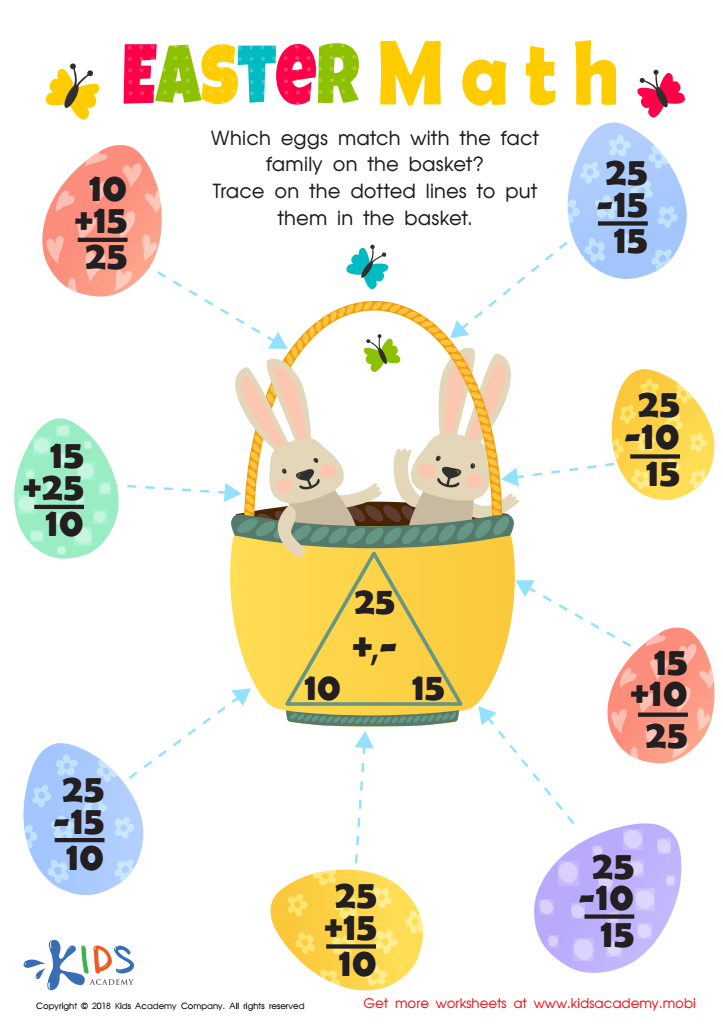

Fact Families: Easter Math Worksheet
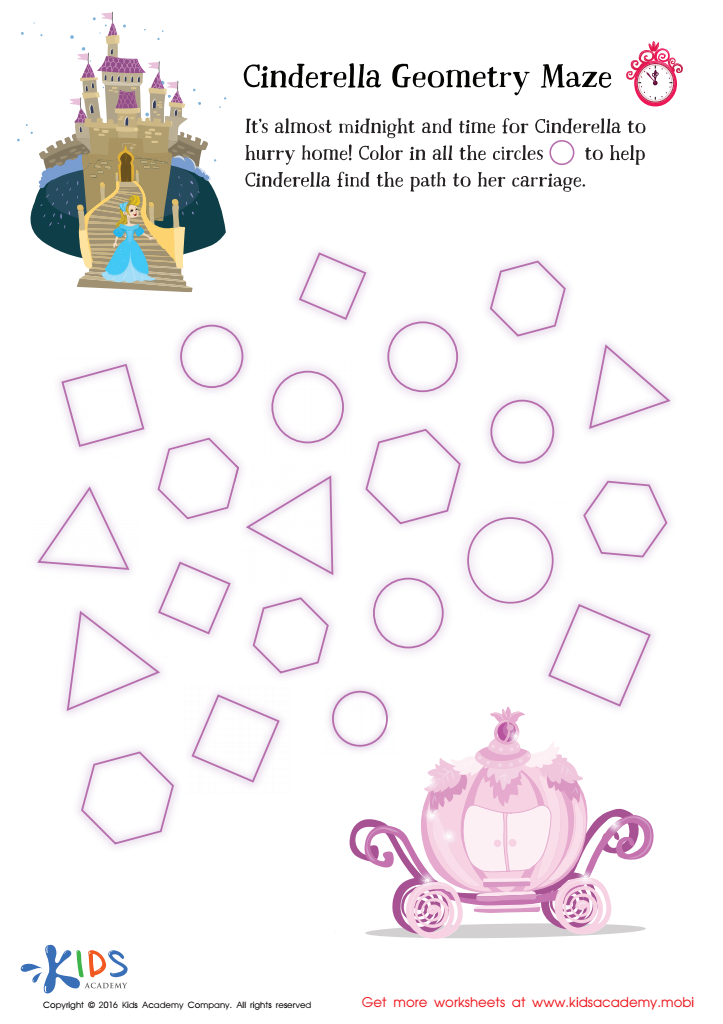

Cinderella Geometry Maze Worksheet
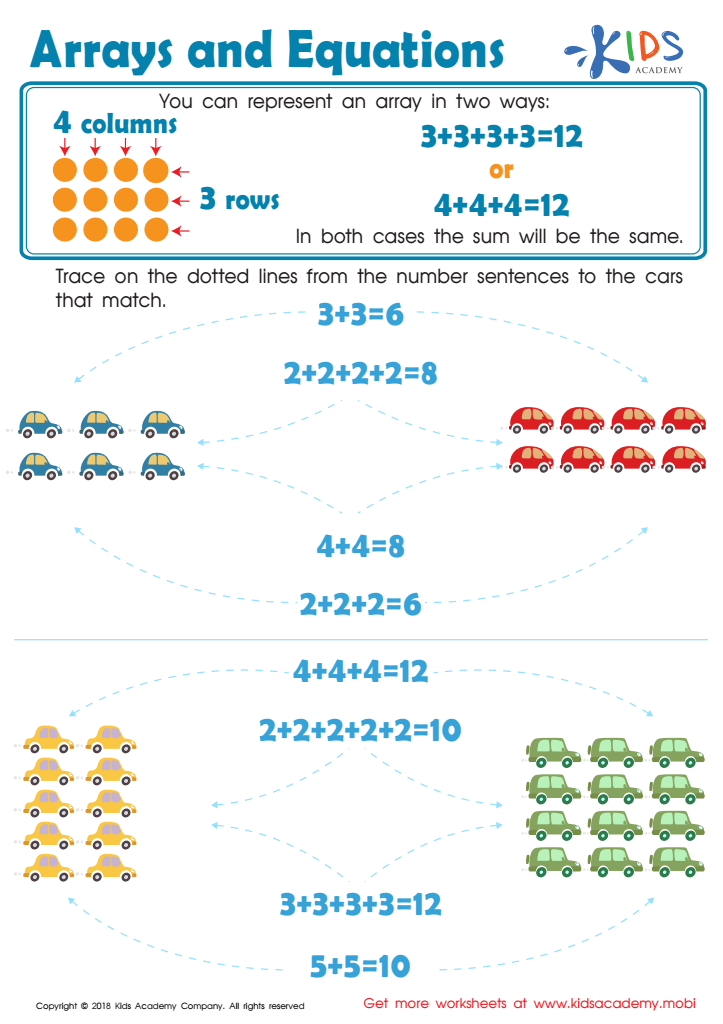

Arrays and Equations Worksheet
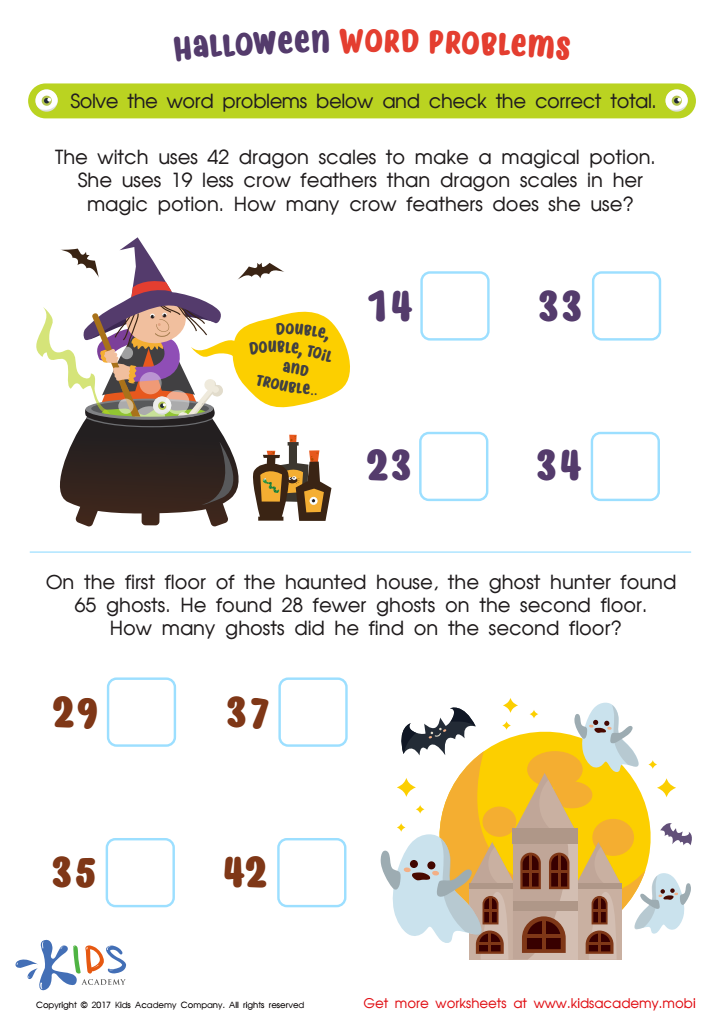

Halloween Word Problems Printable
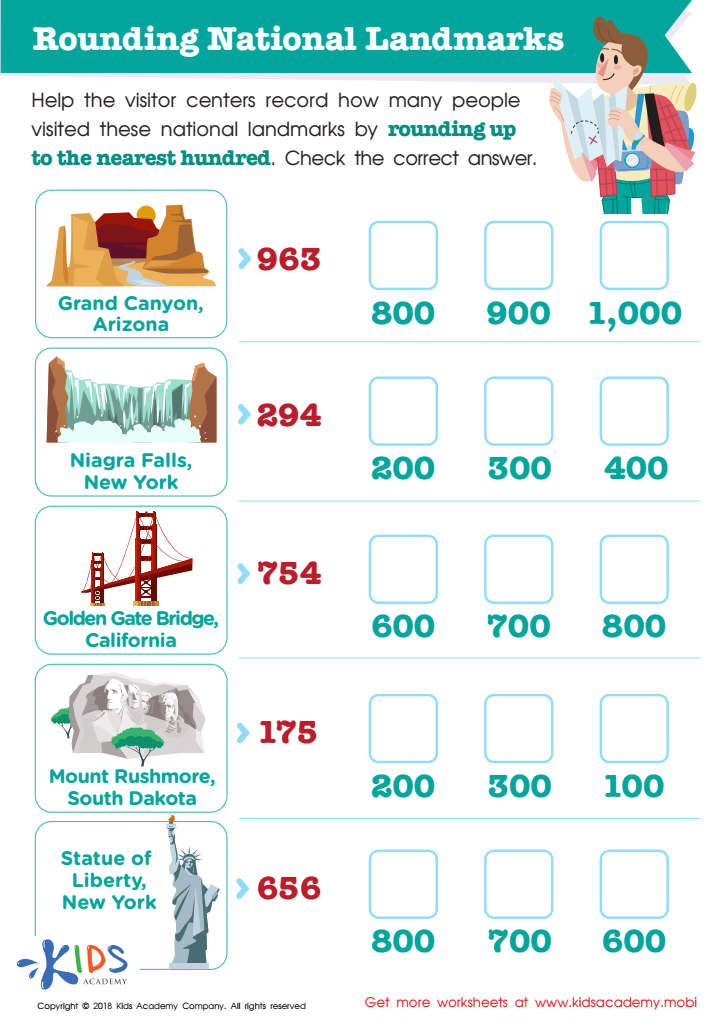

Rounding National Landmarks Worksheet
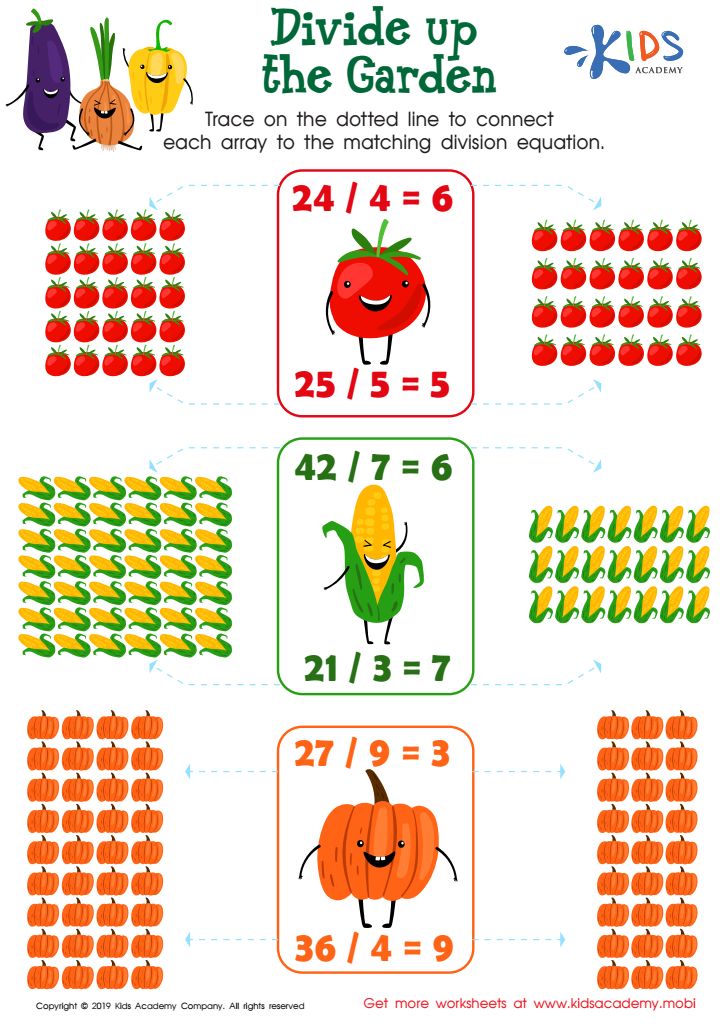

Divide up the Garden Worksheet
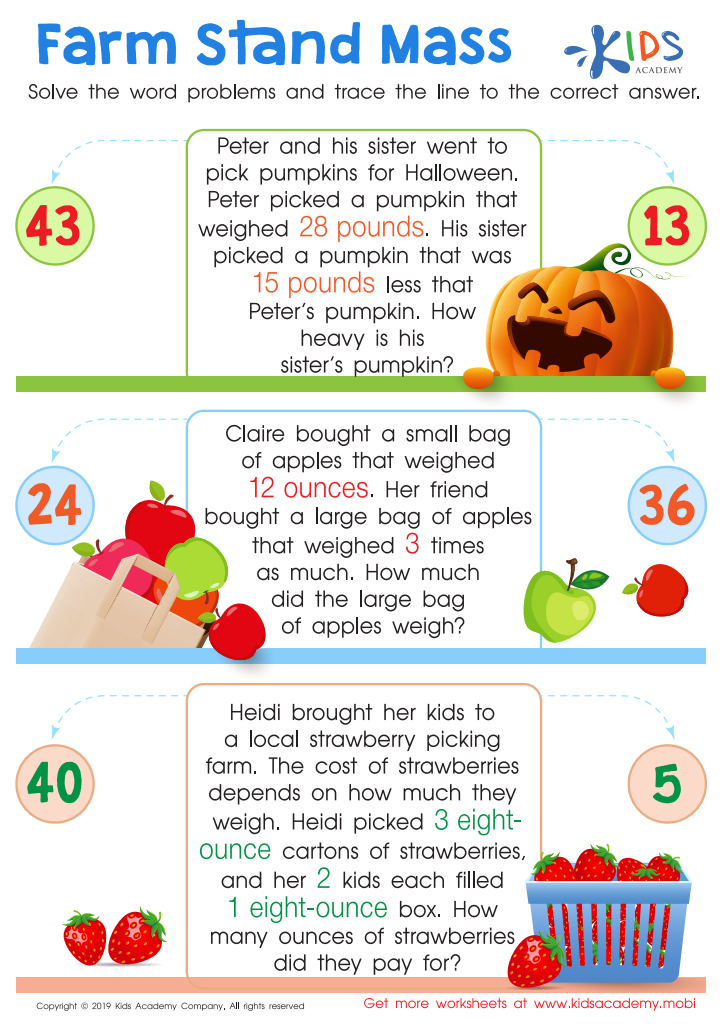

Farm Stand Mass Worksheet
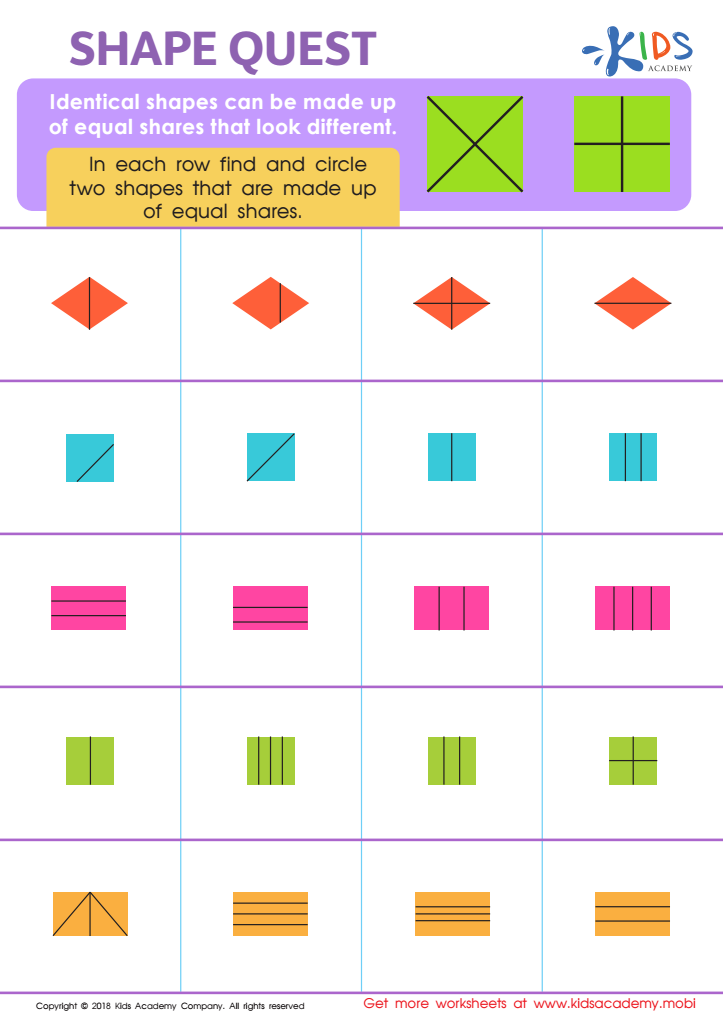

Shape Quest Worksheet
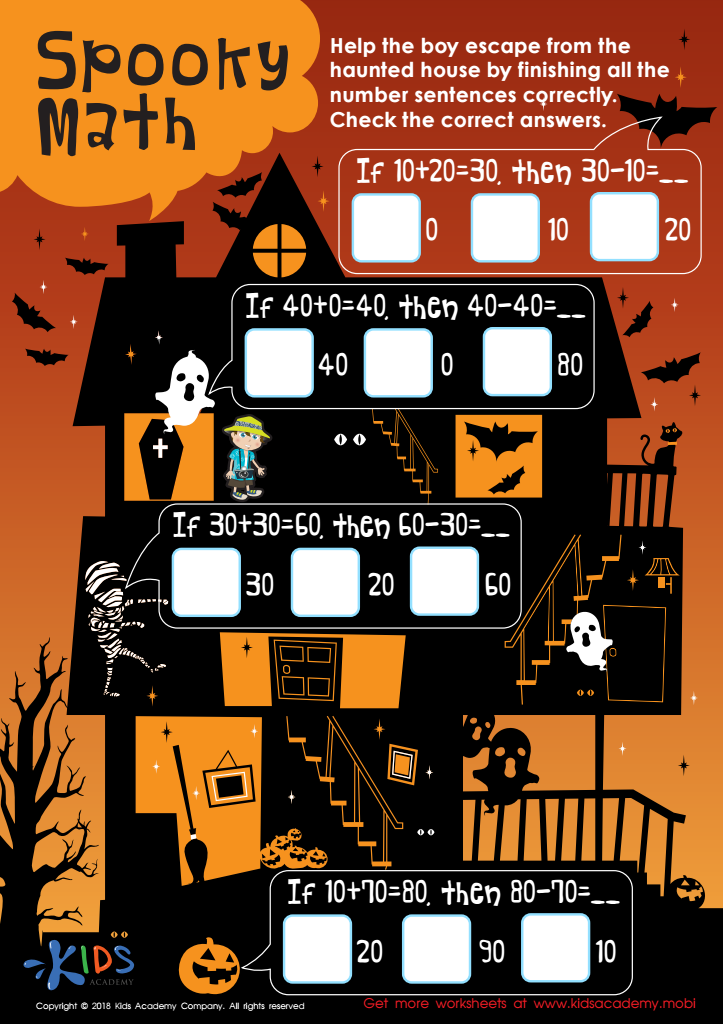

Subtract Tens: Spooky Math Worksheet
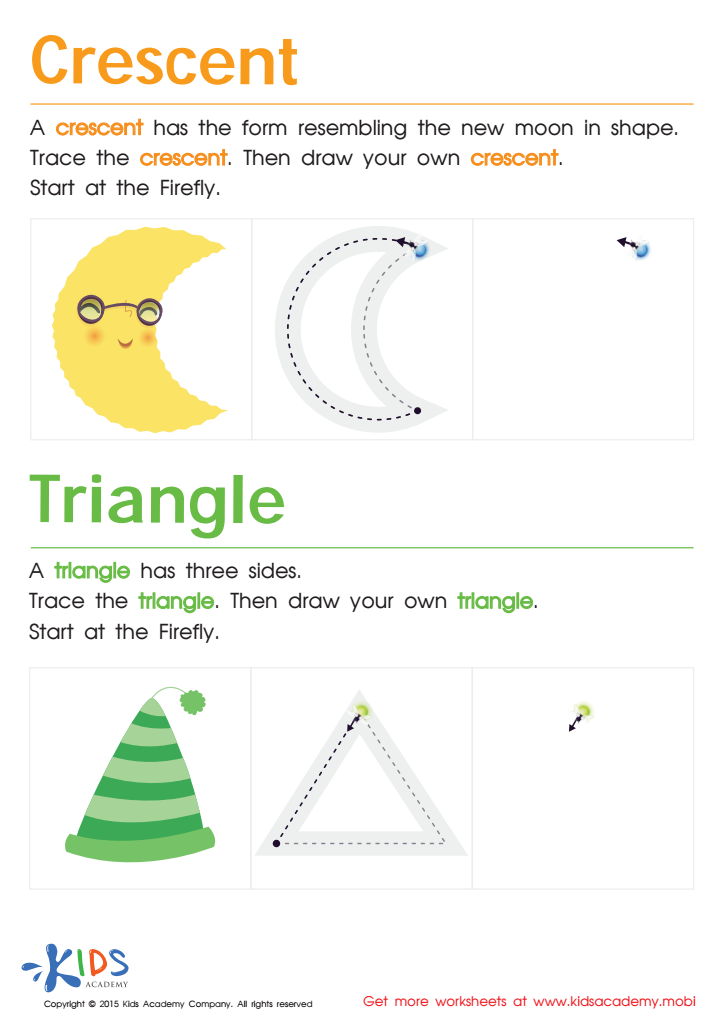

Learning to Draw Crescents And Triangles Worksheet
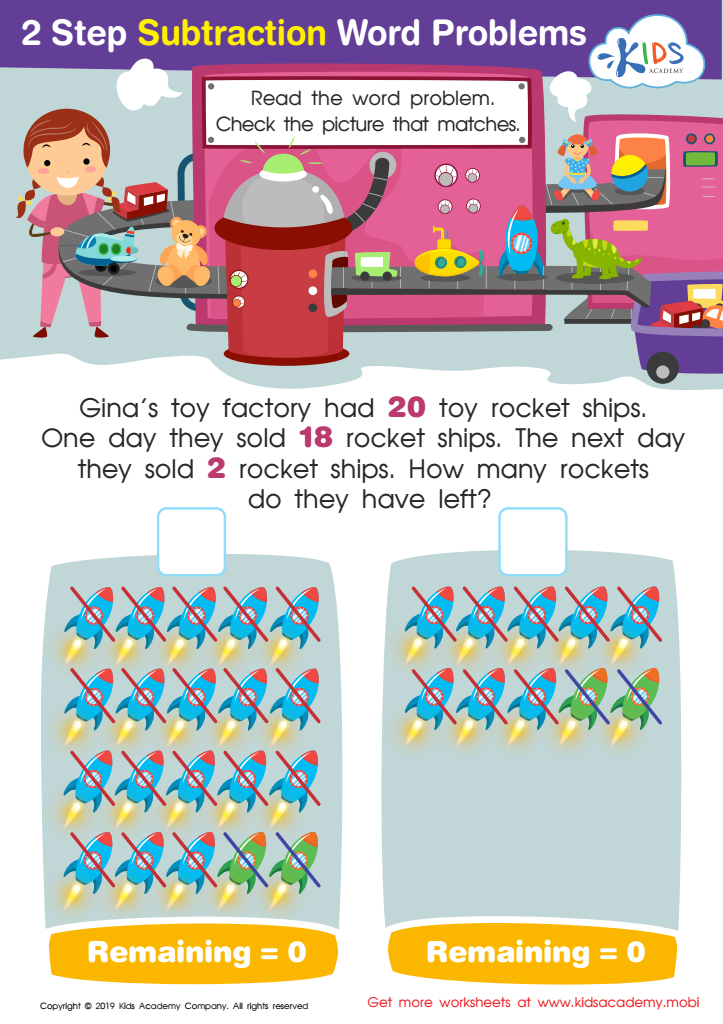

Step Subtraction Word Problems Worksheet
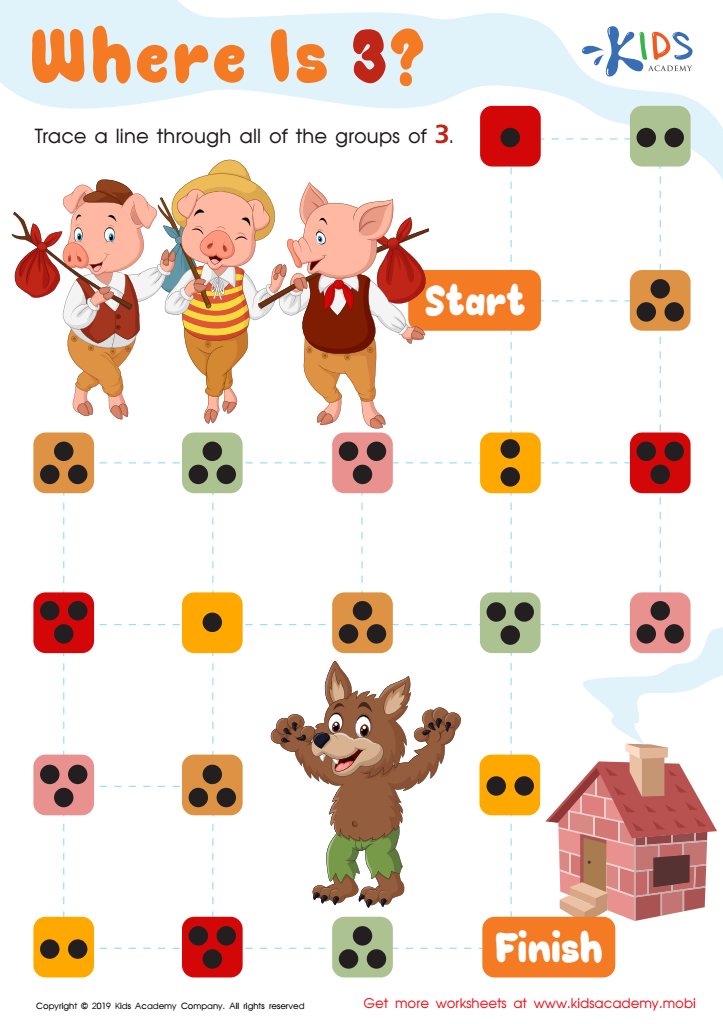

Where Is 3? Worksheet
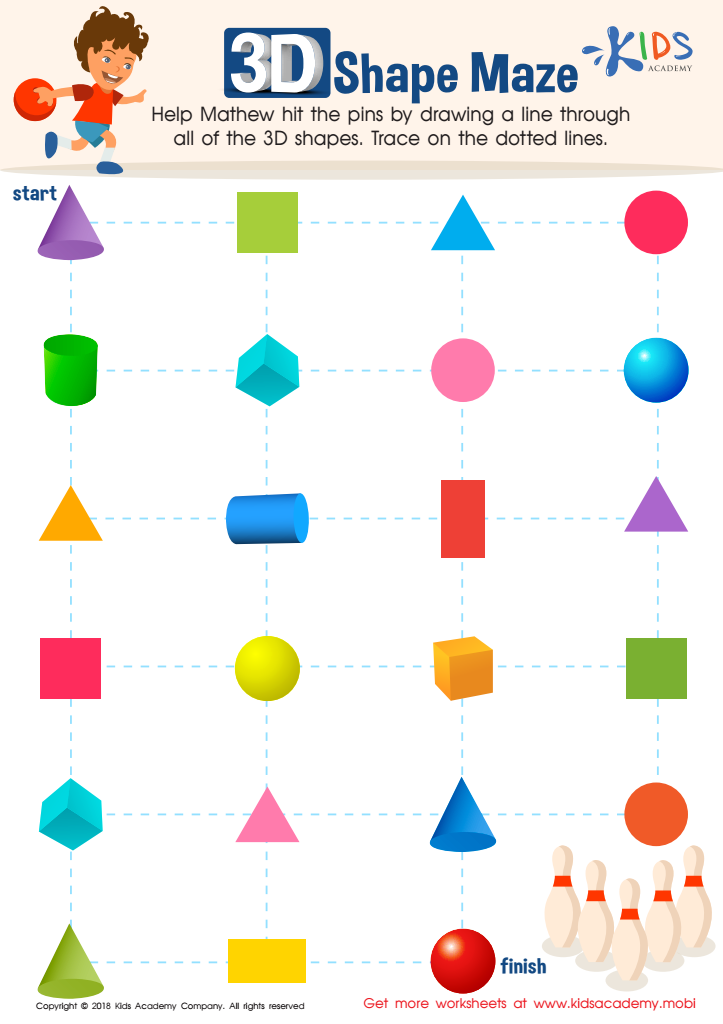

Shapes Maze Geometry Worksheet
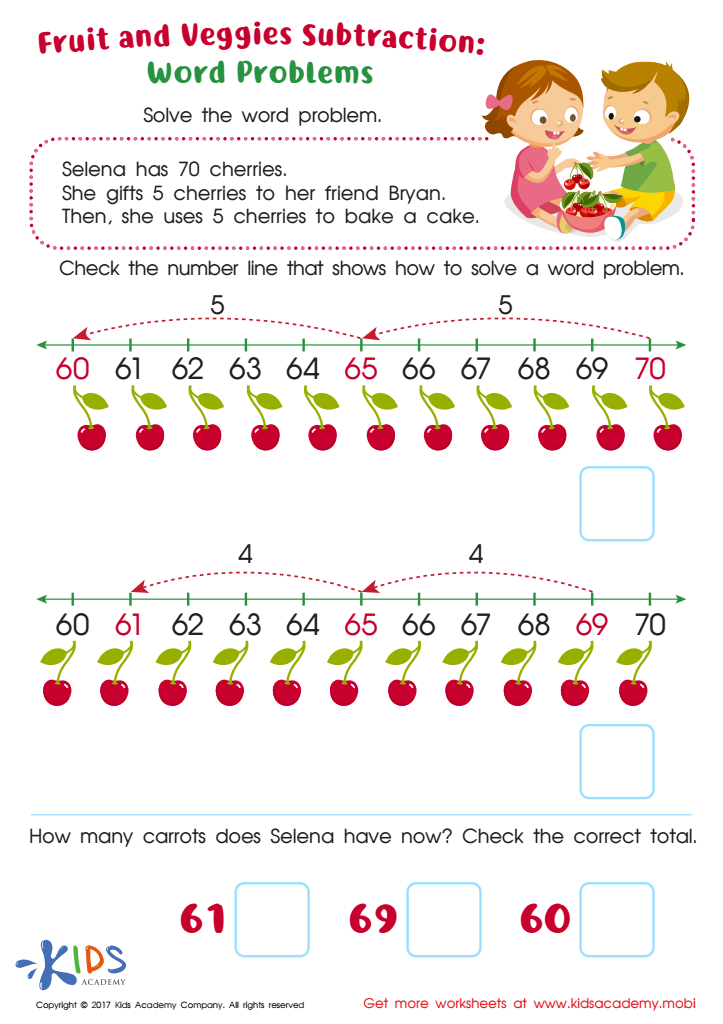

Subtraction Word Problems Free Printable
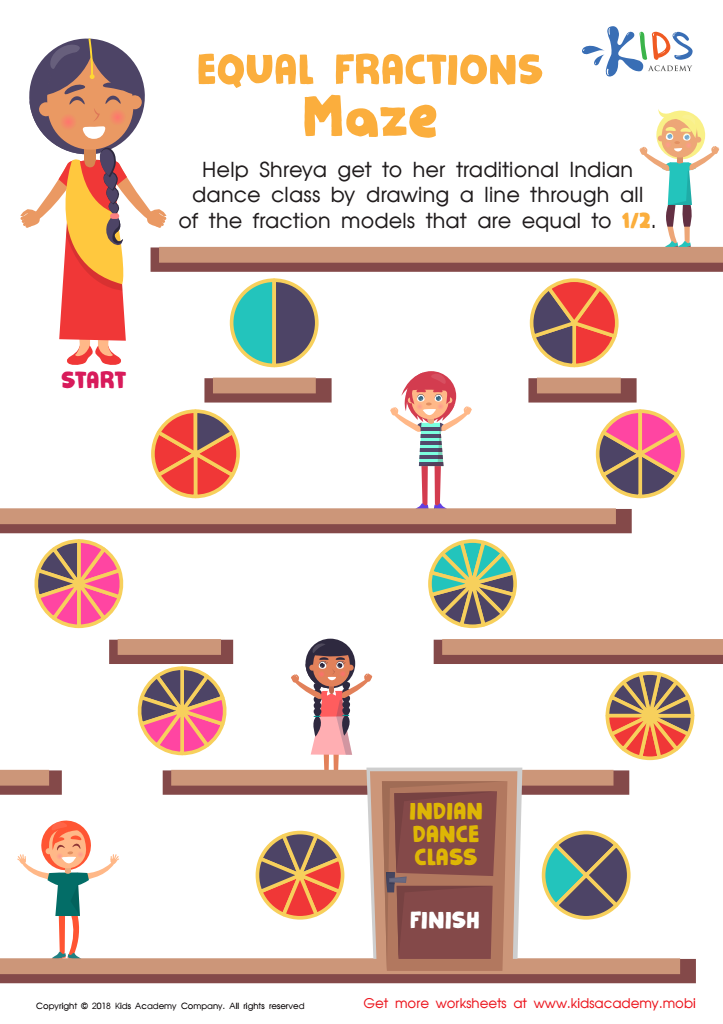

Equal Fractions Maze Worksheet
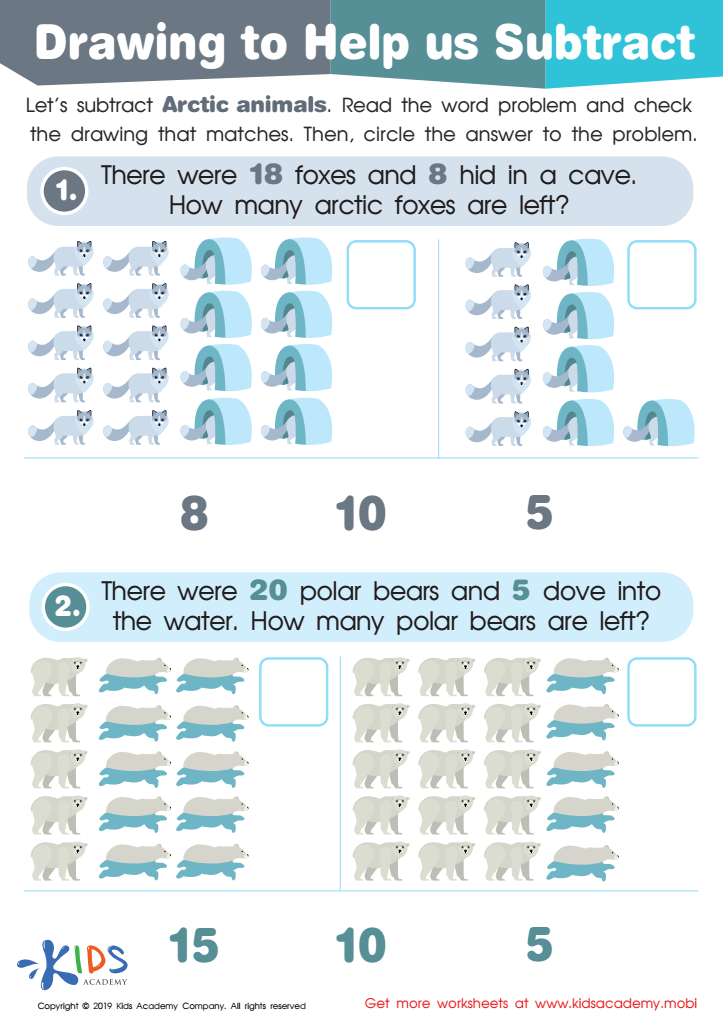

Drawing to Help Us Subtract Worksheet
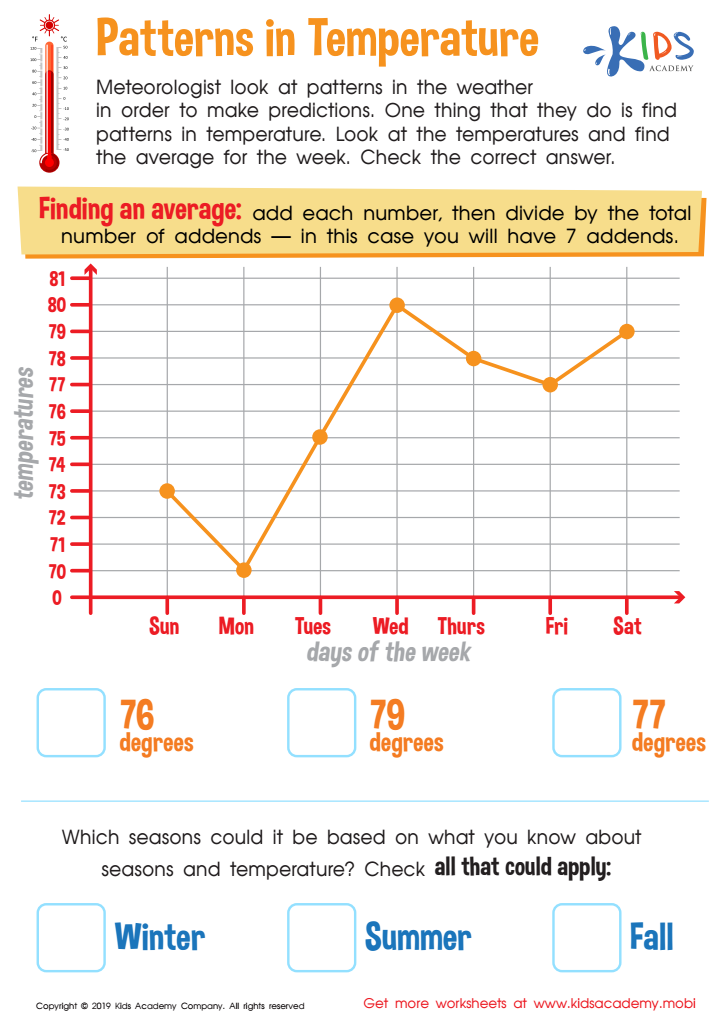

Patterns in Temperature Worksheet


Solve the Problem: Trick–or–treating Worksheet
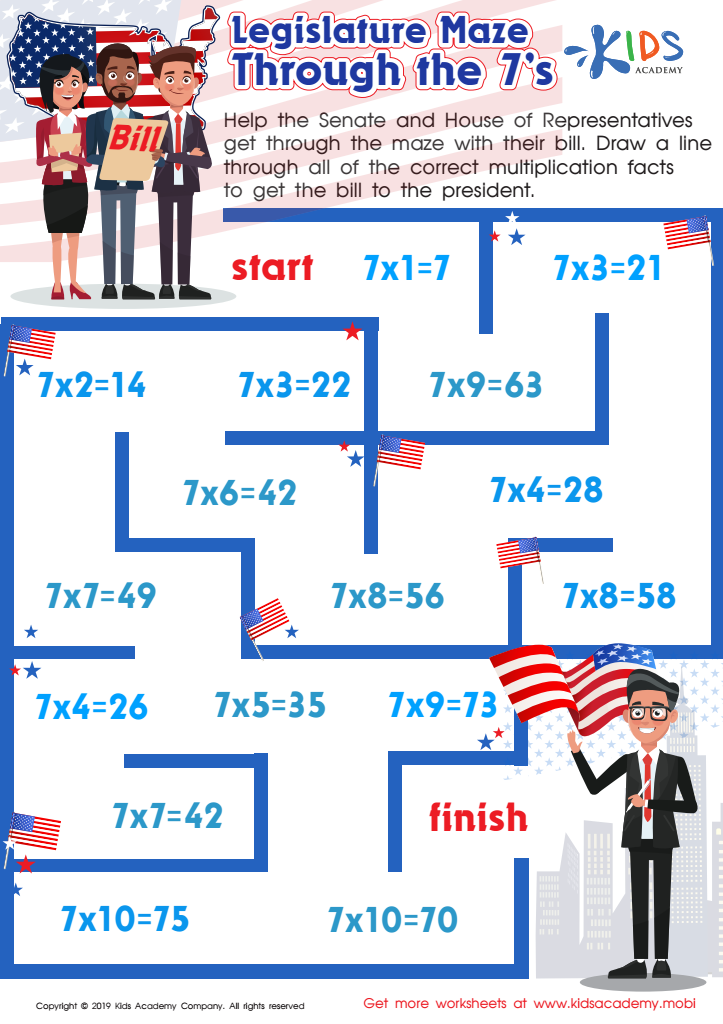

Legislature Maze Through the 7’s Worksheet
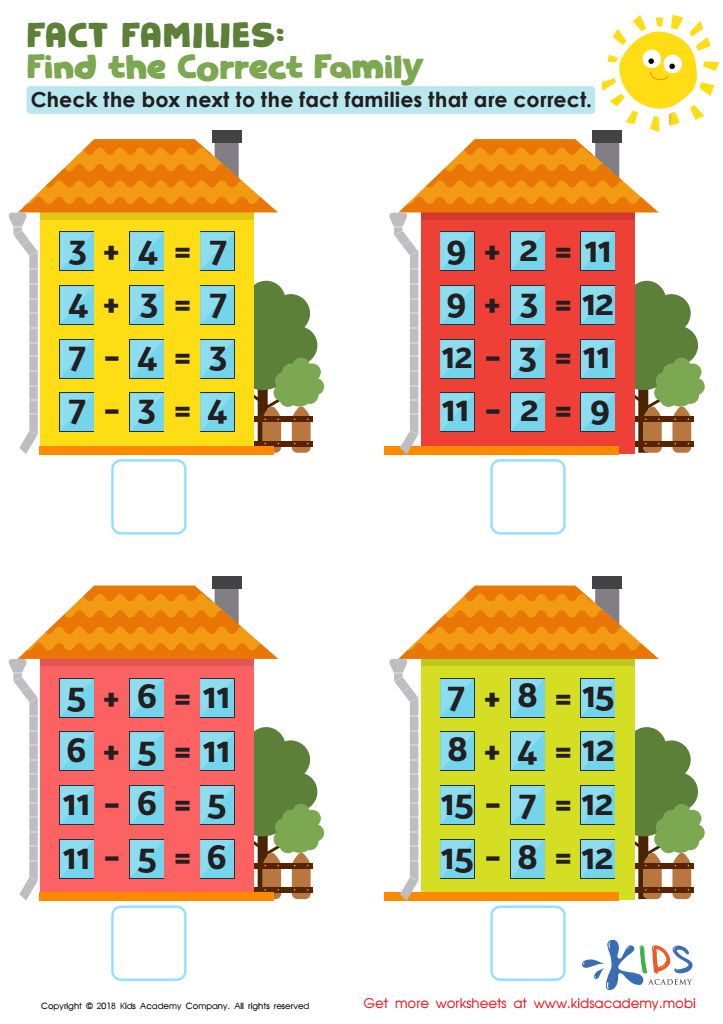

Fact Families: Find Correct Family Worksheet
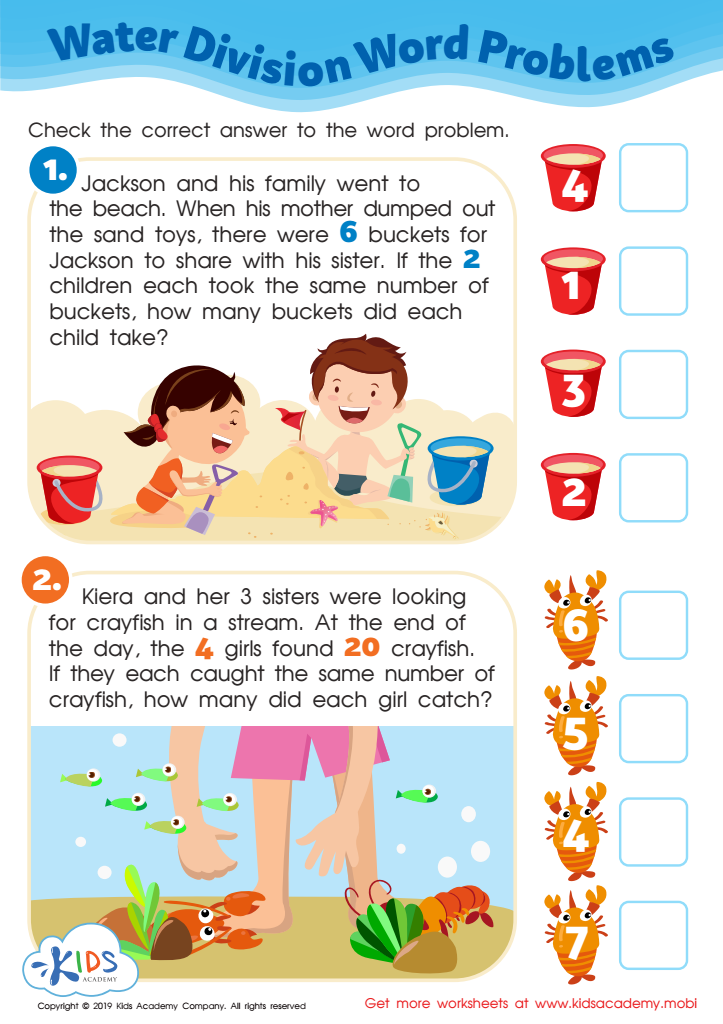

Water Division Word Problems Worksheet
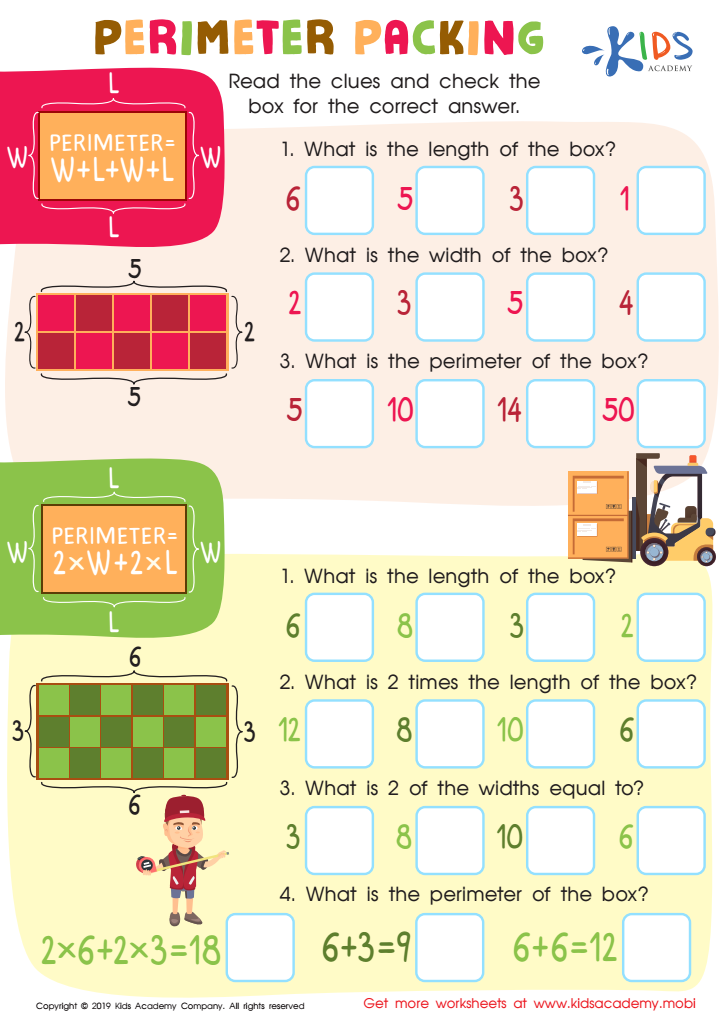

Perimeter Parking Worksheet


Logic Game Sorting Worksheet
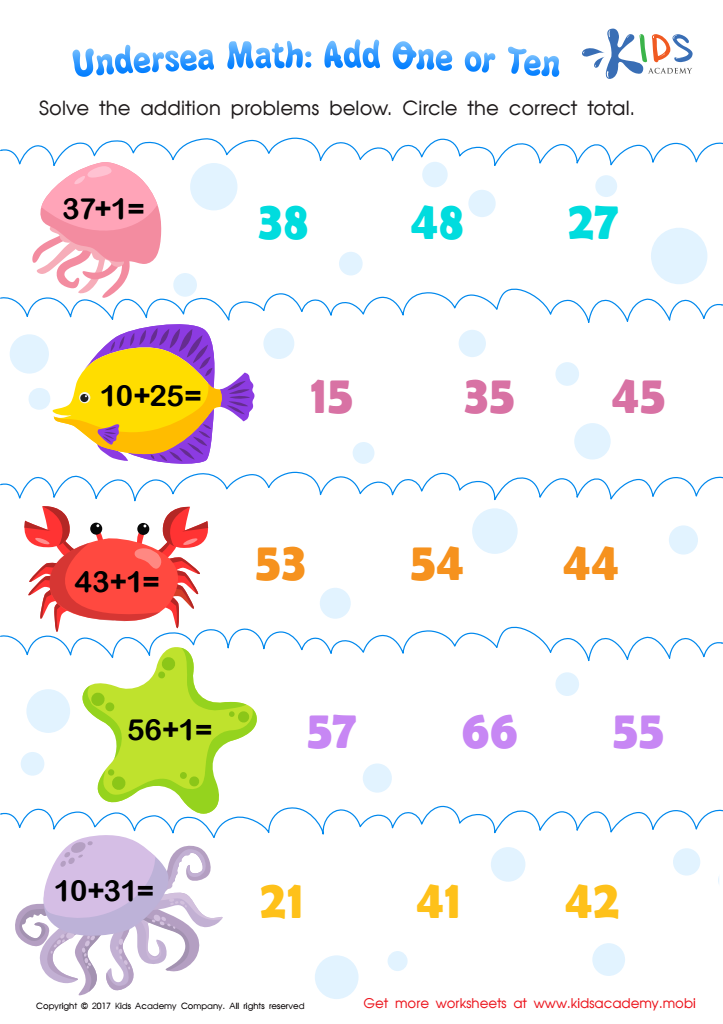

Undersea Math Worksheet
Problem-solving skills in math for ages 6-8 are crucial for several reasons. Firstly, they lay the foundation for a child's critical thinking and analytical abilities. Mastering problem-solving at an early age encourages children to approach challenges methodically and think beyond basic memorization. As young learners, their brains are highly receptive, and fostering these skills can lead to better academic achievements across various subjects.
Secondly, problem-solving in math helps in the development of perseverance and patience. When children tackle math problems, they learn to persist through difficulty, which builds their resilience and confidence. These qualities are not only valuable in an academic setting but are essential life skills that benefit children beyond the classroom.
Moreover, engaging in problem-solving enhances a child's ability to work collaboratively. Many math activities for this age group involve group tasks or partnered work, teaching children how to communicate effectively and share ideas. Such social interactions are important for their emotional and social development.
Lastly, early exposure to problem-solving in math stimulates a natural curiosity and love for learning. When children experience the satisfaction of finding solutions, they develop a positive attitude towards math, countering the common fear or dislike toward the subject as they progress in their education. For these reasons, parents and teachers should prioritize the development of problem-solving skills in young children’s math education.

 Assign to My Students
Assign to My Students
















